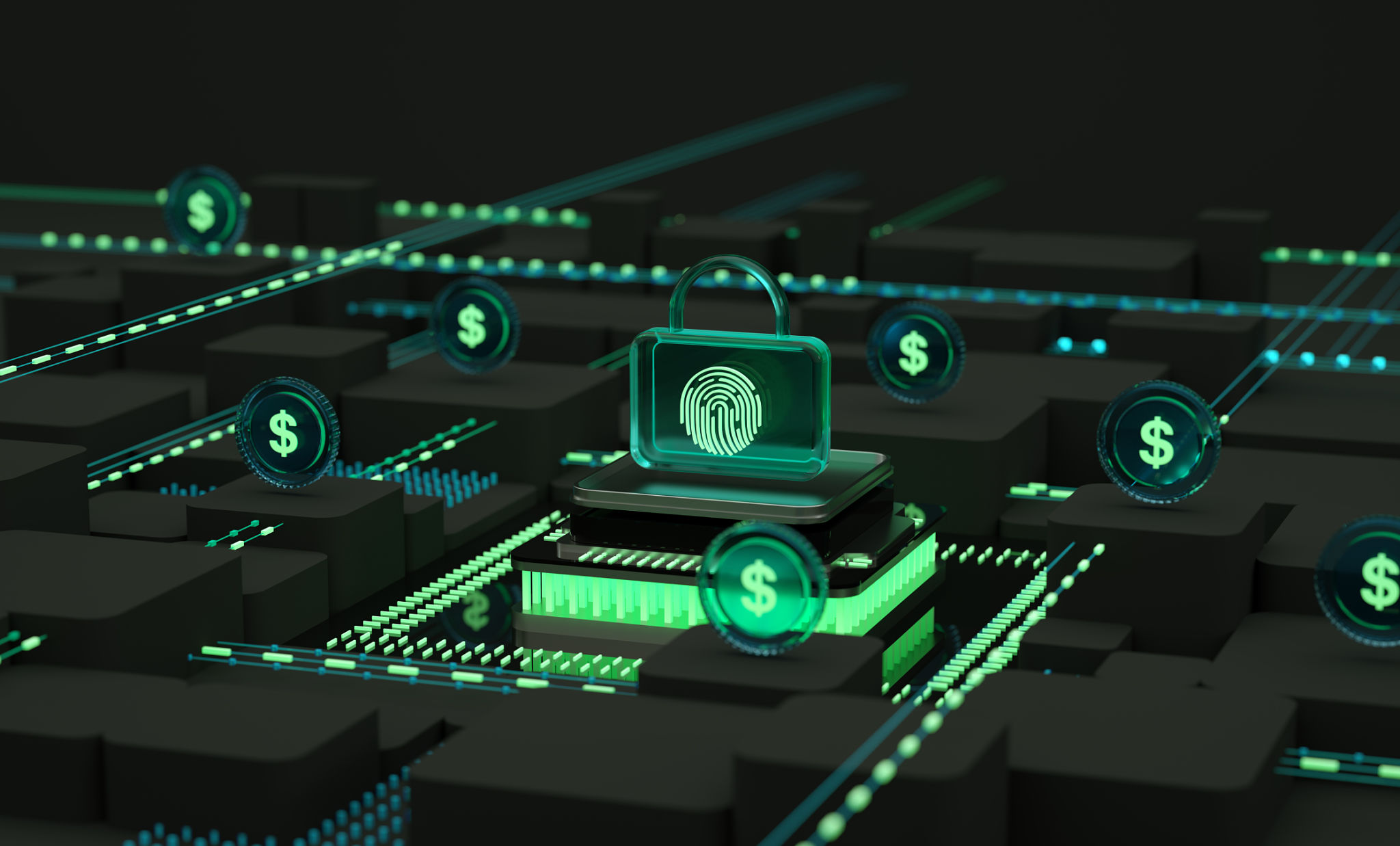Unlocking Digital Transformation: How Web3 is Revolutionizing Business Strategies
In the ever-evolving digital landscape, Web3 is emerging as a pivotal force that is reshaping how businesses operate. By leveraging decentralized technologies, Web3 offers unprecedented opportunities for companies to enhance their strategies and gain a competitive edge. This transformation is not just a technological shift; it's a fundamental change in how businesses interact with their customers and partners.

Understanding Web3 and Its Core Components
Web3 represents the third generation of internet services, emphasizing decentralization, user sovereignty, and blockchain technology. It builds upon Web2 by introducing smarter, more autonomous systems that provide greater control and privacy to users.
The core components of Web3 include decentralized applications (dApps), smart contracts, and cryptocurrencies. These elements work together to create a more transparent and efficient digital environment, allowing businesses to streamline operations and enhance customer engagement.
Decentralized Applications (dApps)
dApps are applications that run on a blockchain network, offering enhanced security and transparency. Unlike traditional apps, dApps are not controlled by a single entity and provide users with greater autonomy over their data. For businesses, this means creating more trustworthy and resilient solutions.

How Web3 is Revolutionizing Business Strategies
Web3 is transforming business strategies by enabling companies to adopt more decentralized and customer-centric models. This shift is particularly evident in industries such as finance, supply chain, and digital marketing, where transparency and efficiency are critical.
One of the key benefits of Web3 is the reduction of intermediaries. By utilizing blockchain technology, businesses can facilitate direct interactions and transactions, reducing costs and improving efficiency. This not only enhances profitability but also builds stronger relationships with customers.
Smart Contracts and Automated Processes
Smart contracts are self-executing contracts with the terms of the agreement directly written into code. They automatically execute actions when predefined conditions are met, eliminating the need for third-party intervention. This automation can significantly reduce overhead costs and increase operational efficiency.

Enhancing Customer Engagement and Trust
Web3 also fosters a more engaging customer experience. By leveraging blockchain's transparency, businesses can offer customers a clearer view of transactions and processes, building trust and loyalty.
Moreover, Web3 empowers customers by giving them control over their data. With decentralized identity systems, users can manage their personal information securely, enhancing privacy and fostering a stronger sense of trust between businesses and their clientele.
Tokenization and New Revenue Models
Tokenization is another revolutionary aspect of Web3, allowing businesses to create new revenue streams. By tokenizing assets, companies can offer fractional ownership and create unique digital assets, opening up innovative ways of engaging with customers and capitalizing on new markets.

In conclusion, Web3 is not just an emerging trend; it's a transformative force that is reshaping business strategies across industries. By embracing these technologies, companies can unlock new opportunities, optimize operations, and build stronger, more transparent relationships with their customers. The age of digital transformation is here, and Web3 is at its forefront.
